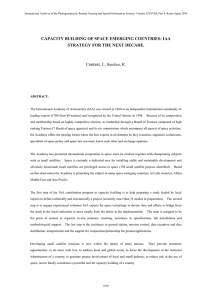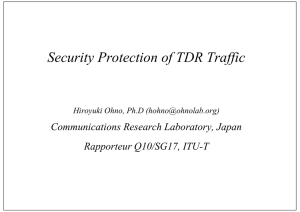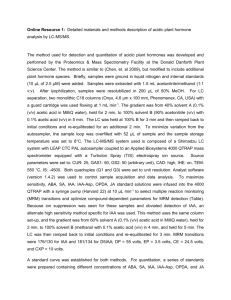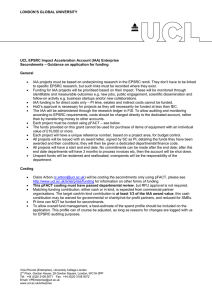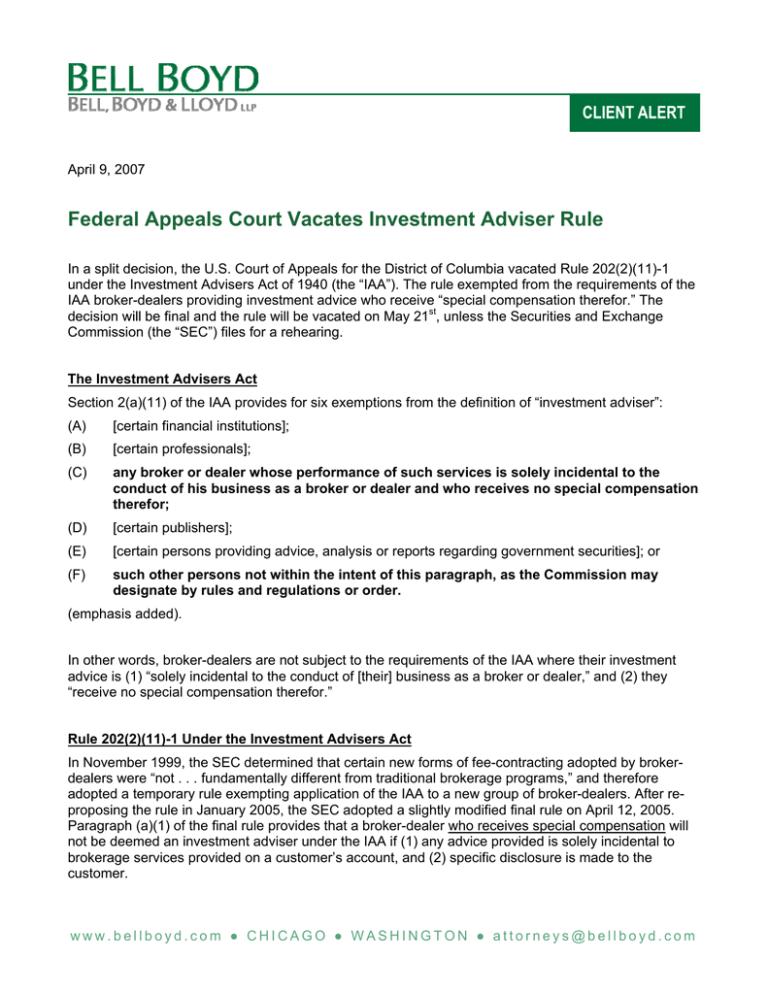
April 9, 2007
Federal Appeals Court Vacates Investment Adviser Rule
In a split decision, the U.S. Court of Appeals for the District of Columbia vacated Rule 202(2)(11)-1
under the Investment Advisers Act of 1940 (the “IAA”). The rule exempted from the requirements of the
IAA broker-dealers providing investment advice who receive “special compensation therefor.” The
decision will be final and the rule will be vacated on May 21st, unless the Securities and Exchange
Commission (the “SEC”) files for a rehearing.
The Investment Advisers Act
Section 2(a)(11) of the IAA provides for six exemptions from the definition of “investment adviser”:
(A)
[certain financial institutions];
(B)
[certain professionals];
(C)
any broker or dealer whose performance of such services is solely incidental to the
conduct of his business as a broker or dealer and who receives no special compensation
therefor;
(D)
[certain publishers];
(E)
[certain persons providing advice, analysis or reports regarding government securities]; or
(F)
such other persons not within the intent of this paragraph, as the Commission may
designate by rules and regulations or order.
(emphasis added).
In other words, broker-dealers are not subject to the requirements of the IAA where their investment
advice is (1) “solely incidental to the conduct of [their] business as a broker or dealer,” and (2) they
“receive no special compensation therefor.”
Rule 202(2)(11)-1 Under the Investment Advisers Act
In November 1999, the SEC determined that certain new forms of fee-contracting adopted by brokerdealers were “not . . . fundamentally different from traditional brokerage programs,” and therefore
adopted a temporary rule exempting application of the IAA to a new group of broker-dealers. After reproposing the rule in January 2005, the SEC adopted a slightly modified final rule on April 12, 2005.
Paragraph (a)(1) of the final rule provides that a broker-dealer who receives special compensation will
not be deemed an investment adviser under the IAA if (1) any advice provided is solely incidental to
brokerage services provided on a customer’s account, and (2) specific disclosure is made to the
customer.
www.bellboyd.com ● CHICAGO ● WASHINGTON ● attorneys@bellboyd.com
The Court Decision
The Financial Planning Association (“FPA”), a non-profit organization with over 27,000 members,
challenged the SEC’s authority to promulgate the final rule. According to FPA, “the final rule creates a
dual standard for the provision of investment advice. First, there are investment advisers who are
covered by the IAA; many FPA members are investment advisers, and must comply with the IAA.
Second, there is a new group of broker-dealers who are exempted from the IAA even though their
activities do not conform to the two-pronged requirements of subsection (C) of section 2(a)(11). The
two groups compete for customers, and under the final rule, one of them (including FPA members)
must continue to comply with the IAA while the other one (the broker-dealers in the new-exempt
category) need not.”
The FPA contended that, when Congress enacted the IAA, Congress identified in subsection (C) the
group of broker-dealers it intended to exempt, and that subsection (F) was only intended to allow the
SEC to exempt new groups from the IAA, not to expand the groups that Congress specifically
addressed.
After evaluating the text, the structure, the overall statutory scheme and the problem Congress sought
to solve, the court held that “the SEC [had] exceeded its authority in promulgating the rule . . . because
Congress has addressed the precise issue at hand.”
Furthermore, the court concluded that “the rule is inconsistent with the IAA . . . because it fails to meet
either of the two requirements for an exemption under subsection (F). First, the legislative “intent” does
not support an exemption for broker-dealers broader than the exemption set forth in the text of
subsection (C) . . . Second, because broker dealers are already expressly addressed in subsection (C),
they are not “other persons” under subsection (F); therefore the SEC cannot use its authority under
subsection (F) to establish new, broader exemptions for broker-dealers.”
*
*
*
We will keep clients and friends posted of any development in this area.
For further information, please contact Cameron Avery 312-807-4302, Kevin Bettsteller 312-807-4442, Kelly Bowers 202-9557081, Paul Dykstra 312-781-6029, Jennifer Esquibel 312- 807-4262, Alan Goldberg 312-807-4227, Veena Jain 312-807-4287,
Anna Paglia 312-781-7163, Alicia Perla 312-807-4318, Andrew Pfau 312-807-4386, Paulita Pike 312-781-6027, Bruce
Rosenblum 202-955-7087, Laura Simpson 312-807-4219, Donald Weiss 312-807-4303 or Stacy Winick 202-955-7040 of Bell,
Boyd & Lloyd’s Investment Management and Financial Markets Group or visit our Web site at www.bellboyd.com.
This publication has been prepared by the Investment Management and Financial Markets Group of Bell, Boyd & Lloyd for
clients and friends of the firm and is for information only. It is not a substitute for legal advice or individual analysis of a
particular legal matter. Readers should not act without seeking professional legal counsel. Transmission and receipt of this
publication does not create an attorney-client relationship.
© 2007 Bell, Boyd & Lloyd LLP All Rights Reserved
www.bellboyd.com
Bell, Boyd & Lloyd LLP
70 West Madison Street
Chicago, Illinois 60602
t. 312-372-1121
f. 312-827-8000
Bell, Boyd & Lloyd LLP
1615 L Street, N.W.
Washington, D.C. 20036
t. 202-466-6300
f. 202-463-0678
2

